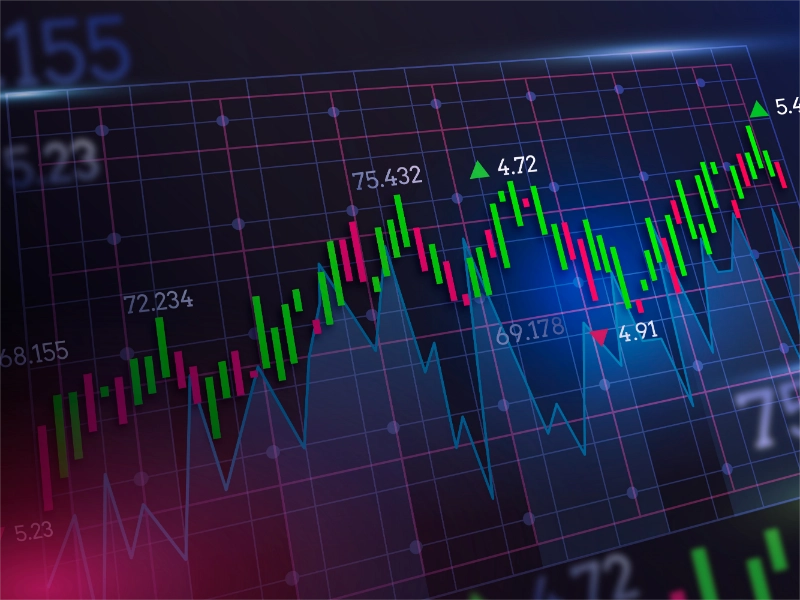- AI could potentially disrupt the stock market as AI-managed portfolios might outperform human traders, leading to a shift in market dynamics and investor confidence. This could result in market volatility or even a crash due to speculative bubbles created by overly accurate market predictions.
- AI is becoming increasingly significant in stock trading, with bots that can execute trades faster and more efficiently than humans. This integration is enhancing pattern recognition and predictive capabilities, suggesting that AI could eventually outperform traditional stock trading methods.
- There is significant investment and interest in AI, evidenced by high-profile investments from major tech companies and a doubling of venture capital funding to AI startups in one year. OpenAI’s ongoing fundraising efforts reflect the sector’s robust growth and the continuing advancement of AI technologies.
Artificial intelligence is poised to significantly transform the stock market. While there is no current evidence that AI will destroy the market, its ability to manage portfolios and predict market trends could displace human traders and alter market dynamics. AI’s integration into stock trading through fast, efficient bots enhances its potential to surpass human performance.
Additionally, AI’s impact is growing as major tech companies and investors heavily fund AI advancements, exemplified by ventures like OpenAI. As AI evolves, monitoring its development is crucial to understanding its potential effects on the stock market’s stability and operation.
AI market impact
Artificial Intelligence (AI) is increasingly impacting the stock market, with advanced AI systems potentially leading to significant shifts in market dynamics. These systems are capable of executing trades faster and more accurately than human traders, potentially leading to greater efficiency but also increased market volatility. As AI technology continues to evolve, it might dominate trading activities, causing shifts in investment patterns and possibly unsettling traditional market mechanisms by creating and bursting speculative bubbles.
Also read: Partnership opportunities in the AI stock market
Technology and trading
The integration of AI into stock trading is rapidly transforming the sector. AI algorithms excel in identifying patterns and executing trades with precision and speed unmatched by humans. This capability not only enhances market efficiency but also challenges the role of human traders, potentially replacing many aspects of manual trading. As AI continues to advance, its role is expanding from merely assisting traders to potentially leading entire trading strategies.
Also read: Nvidia adds record $277 billion in stock market value
Investment in AI
Investment in AI technology is surging, underscored by major financial injections from tech giants and a significant increase in venture capital funding. Companies like OpenAI are at the forefront, continually raising funds to advance their research and expand their capabilities. This growing financial interest in AI highlights its potential to revolutionise not just trading but various sectors, promising innovations that could lead to more adaptive and intelligent market platforms.
Future implications
The ongoing development of AI poses both opportunities and challenges for the stock their strategies to capitalise on AI’s capabilities while mitigating potential risks associated with its integration. This includes adjusting to AI-driven market conditions, which may differ significantly from traditional market behavior, potentially requiring new forms of regulation and oversight to prevent misuse and ensure stability.

